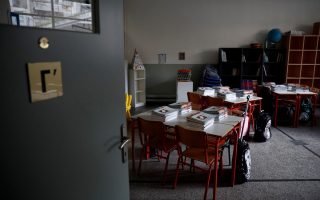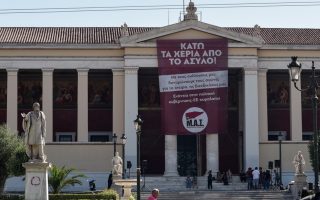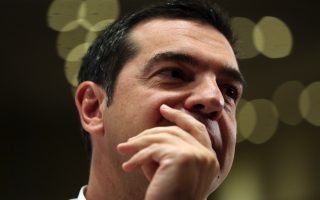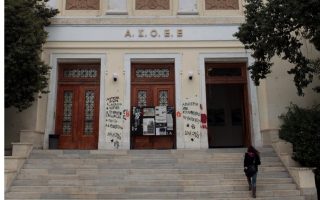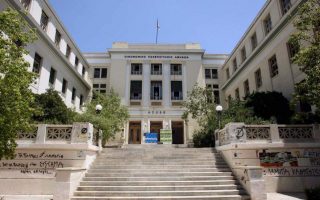The black hole of education
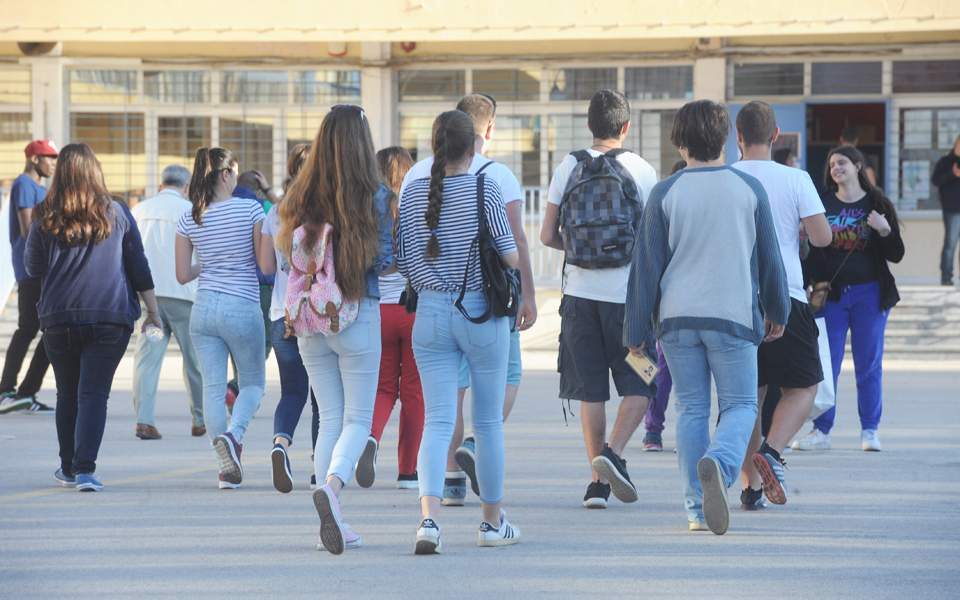
The new school year started this week. The youngsters are anxious but happy, while their parents are mostly frustrated. They know that the struggle related to extracurricular lessons, which range from basic skills such as foreign languages to more sophisticated knowledge, is about to start and will intensify through the last years of elementary school.
This also means that discussions about the money to be spent on private cramming schools to cover the real or fictitious needs of their children will also start. As far as the kids are concerned, they will have to endure exhausting study hours with little time for play or relaxation.
Then, we have the annual report of the Authority for Quality Assurance in Primary and Secondary Education (ADIPPDE), which indicated that a large percentage of 11th graders, in particular, at regular and technical public high schools in Greece face the risk of going through life with functional illiteracy.
The report said that the problems identified in high school can be traced to elementary and middle school and that it is imperative for education policy to intervene pre-emptively at both levels.
All the above may appear to have little in common and it’s hard to argue that overloading children from an early age leads to the problems reported in high school. Still, it may also be a link in the chain of non-solutions within the public education system.
How can we explain that, on the one hand, Greek families spend more than 2.5 billion euros per year on covering the educational needs of their children and, on the other hand, exam results are so poor? There appears to be a hole into which all efforts seem to disappear, any desires are dissolved, skills remain unused, gaps multiply, criteria become mixed up and judgment is blurred.
For some years now, another form of “illiteracy” has been spreading. Thousands of students are leaving high school without being able to understand a text, express themselves, describe the premise of a film, write a proposal, combine knowledge they supposedly have, explain an event or seek an interpretation of a phenomenon, or even just describe their day.
This inability to express themselves, inevitably associated with an inability to think critically, runs through Greek society: from the family and the media, to education and the overall atmosphere in general. It is a big, deep hole in which efforts are lost.
